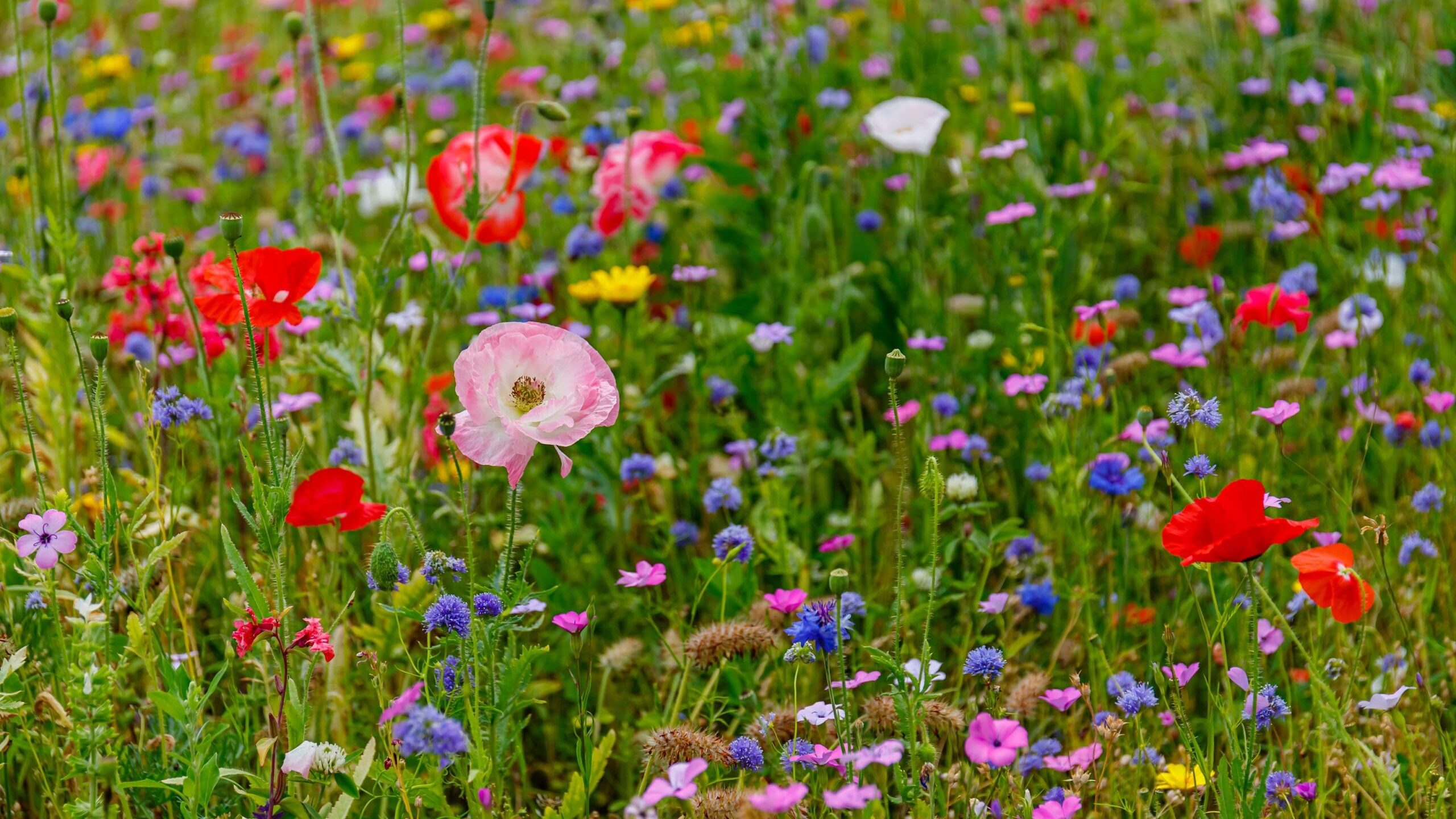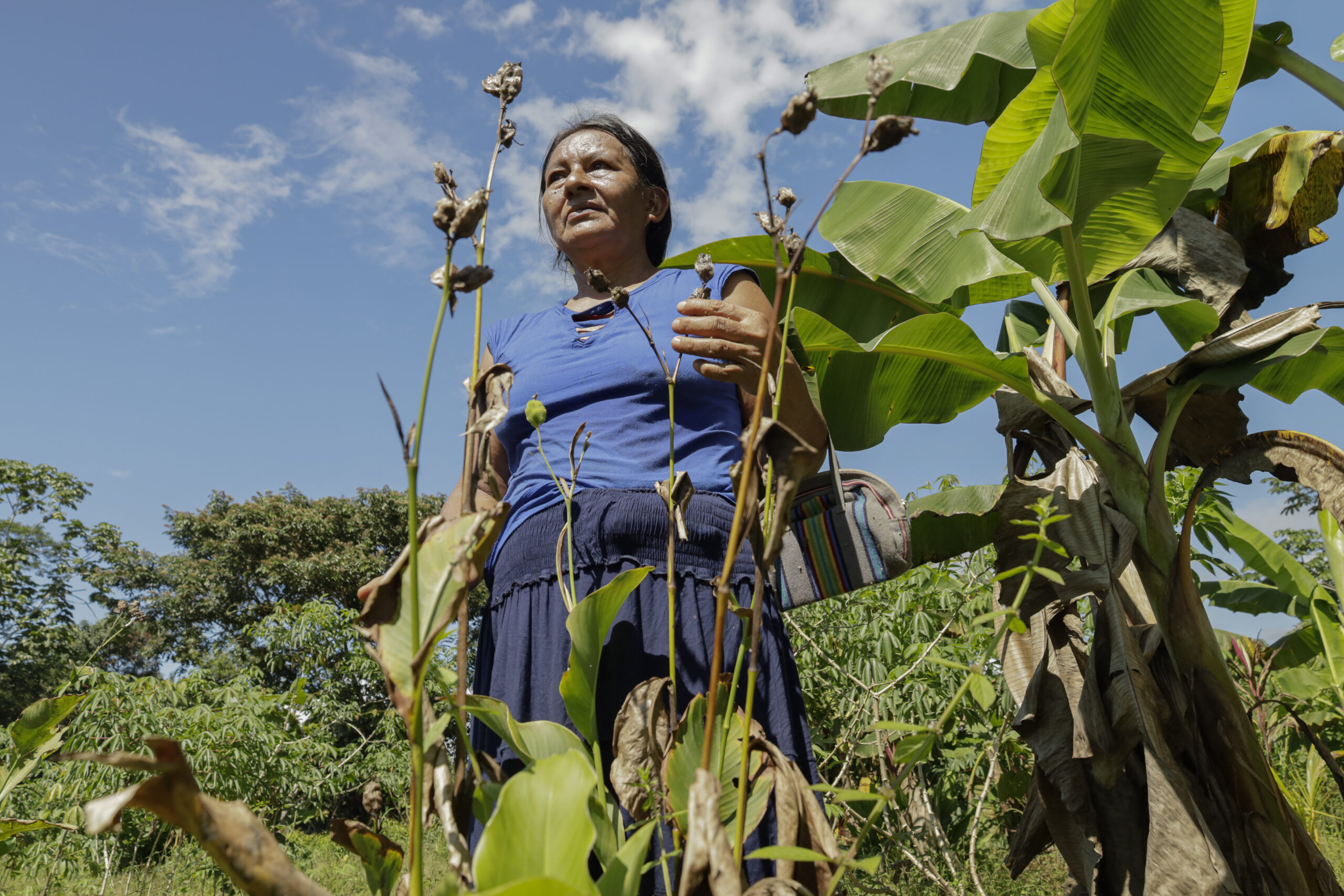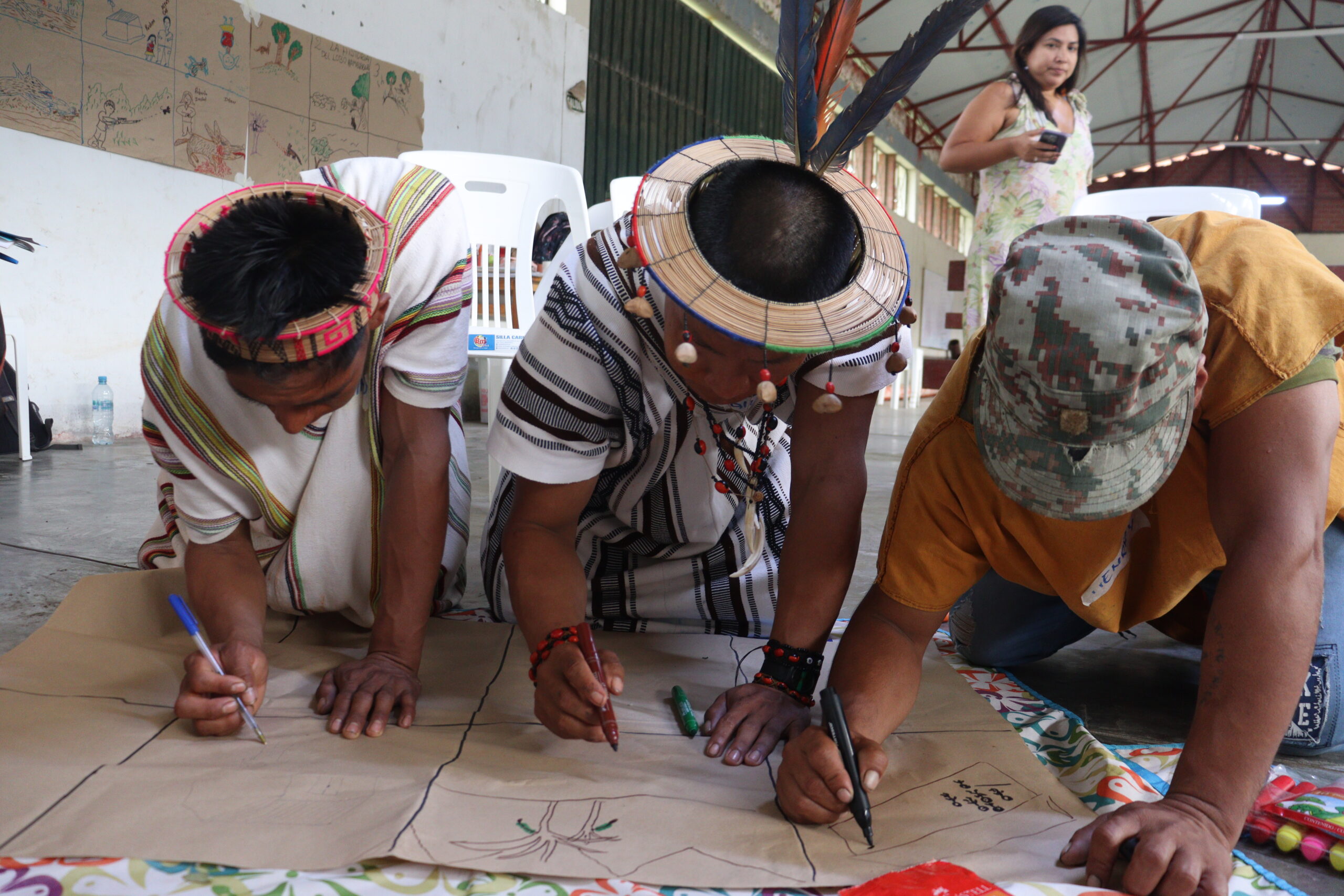
UN Climate Justice Ruling: Healthy Environment A Human Right
Climate action isn’t a nice-to-have. It’s a human right.
This week, in a major UN climate justice ruling, the world’s highest court, the International Court of Justice, said what frontline communities have known all along: governments have a legal duty to protect the climate. If they don’t, that could break international law. Finally, the law is catching up with the crisis.
The court made it clear: a clean, healthy, and sustainable environment is a universal right. That’s a big deal for the planet and an even bigger one for the people on its frontlines.

Small countries, big win.
This legal milestone didn’t come from the usual places. It came from Vanuatu, a Pacific Island nation already seeing the worst of rising seas and extreme weather. Along with other Small Island States, they’ve been leading this charge for years. They pushed, they persisted, and they made history.
They brought the world’s biggest climate case to the world’s biggest court. The result? A new legal tool for climate justice. And a louder, clearer message to polluting governments. Act now, or be held accountable.
Power to the people who’ve had the least of it.
This matters for everyone. But it matters most for the people already living with the sharp end of climate change. Especially Indigenous peoples and local communities protecting rainforests, rivers, and coastlines.
People like the communities we work with every day.

Cool Earth’s take? About time.
We’ve always believed that rainforest protection isn’t about trees. It’s about people. And this UN climate justice ruling backs that up. Legally, morally, and loudly. Climate justice isn’t a campaign. It’s a right. One we’ll keep fighting for.
Cool Earth delivers direct, unconditional funding to Indigenous and local communities living in the rainforest. No middlemen. No red tape. Just people, power, and support where it’s needed most.
This ruling doesn’t fix the climate crisis. But it gives those fighting it, from the Amazon to the courtroom, another tool. And a lot more backing.
The law’s now on our side.
Let’s keep using it.